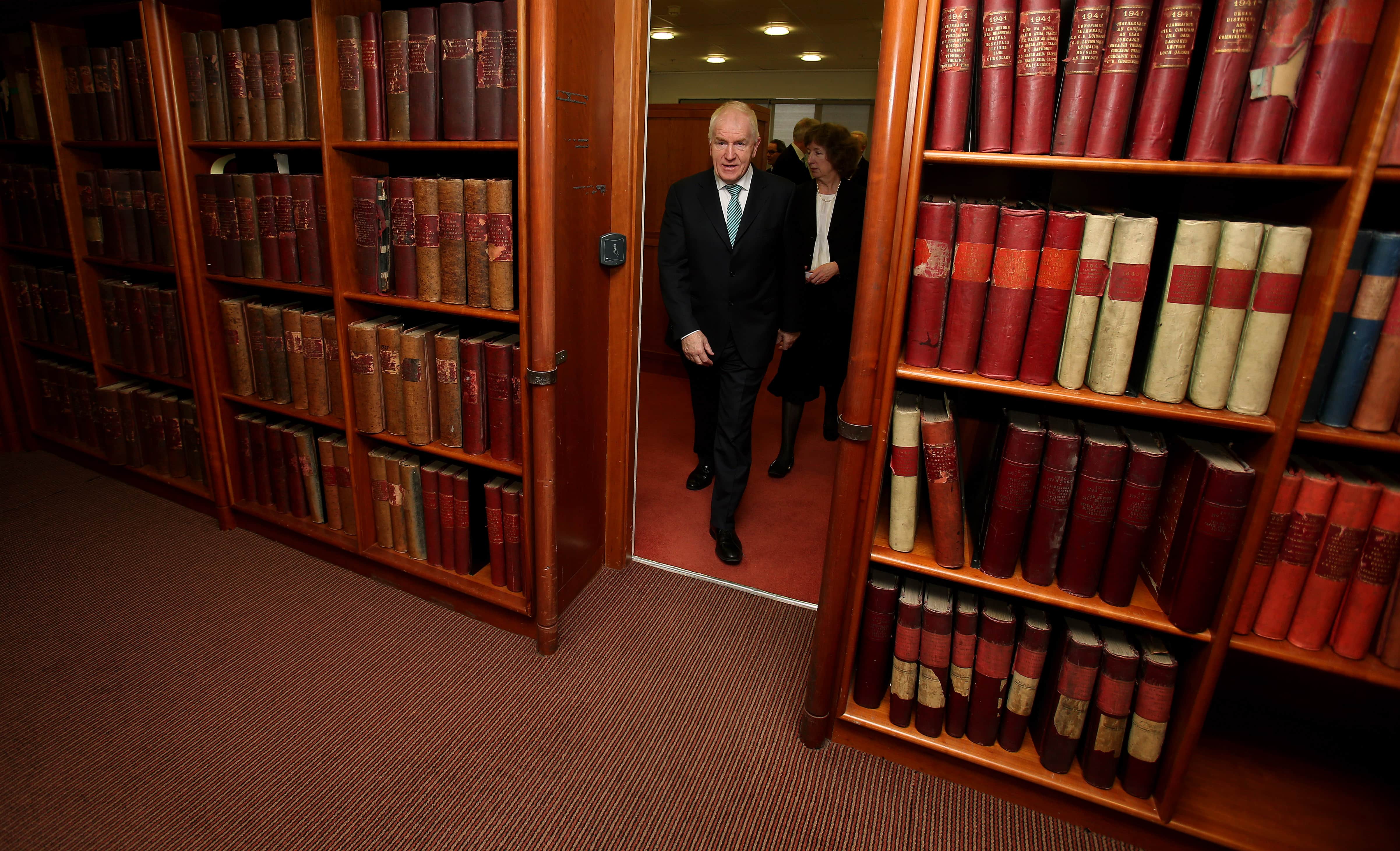(IFJ/IFEX) – The following is a media release by the IFJ’s regional group, the European Federation of Journalists (EFJ): European Journalists Support Irish Fight To Maintain Open Government Leaders of the European Federation of Journalists are backing a campaign in Ireland against attempts to change the country’s freedom of information law, which they say puts […]
(IFJ/IFEX) – The following is a media release by the IFJ’s regional group, the European Federation of Journalists (EFJ):
European Journalists Support Irish Fight To Maintain Open Government
Leaders of the European Federation of Journalists are backing a campaign in Ireland against attempts to change the country’s freedom of information law, which they say puts Ireland on a track “back to official secrecy and government behind closed doors.”
Journalists in Ireland have announced their opposition to government plans to amend the Freedom of Information Act, which was widely welcomed throughout Europe when it was passed in 1997. They are angry at plans to reduce access to government papers, to extend current exemptions of cabinet documents from five to ten years, to deny in some cases the right of appeal over failure to disclose and to reverse the focus of a public interest test for access to policy documents.
“The Irish Freedom of Information Act is one of the best pieces of access legislation in Europe and a proud statement of confidence in Irish democracy,” said Aidan White, EFJ General Secretary, which has advocated the use of the Irish law as a model for new democracies in Europe. “However, plans to dilute the law will have a devastating effect. They will weaken the people’s right to know and put Ireland on a track back to official secrecy and government behind closed doors.”
The National Union of Journalists in Ireland has called on the Government to withdraw the Freedom of Information Amendment Bill and to engage in a public process of consultation over the next year. The union says the current Bill is flawed and marks the return of British-style secrecy to Irish government.
“We share the concerns of our Irish colleagues,” said White. “These new restrictions are not about protecting security material or genuinely sensitive information. They are about protection from political embarrassment. At their core is a major diminution in political and administrative accountability.”
Irish journalists also fear that the exclusion of citizens and representative groups from the current consultative process smacks of an attempt to abandon the Irish model of social partnership.
“The debate about changing such an important law must be inclusive and wide-ranging and must not itself be held behind closed doors,” said the IFJ, which has written to Irish Prime Minister Bertie Ahern about the case.
The union is concerned at the decision to introduce a flat rate fee for Freedom of Information requests as this is a tax on public information. It may deter citizens from making requests and will have a particular impact on journalists and media organizations. Freelance reporters engaged in investigative journalism are especially worried at the proposal to introduce charges.
The European Federation of Journalists is a regional organisation of the International Federation of Journalists, representing more than 280,000 journalists in 31 countries.

